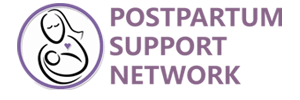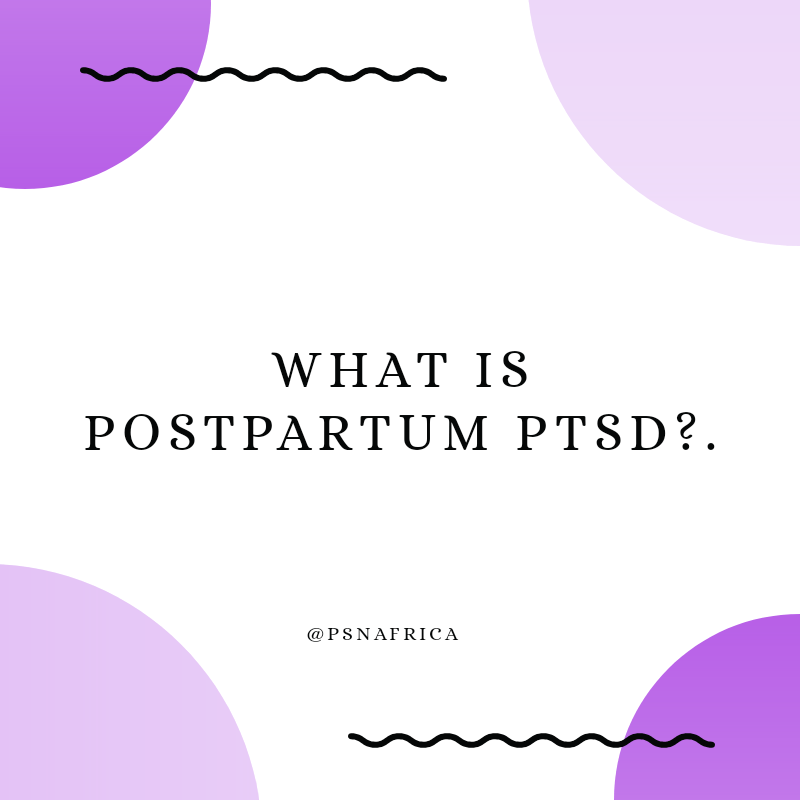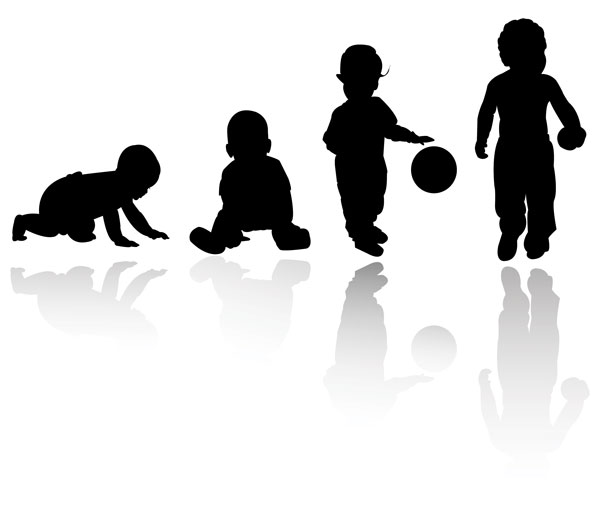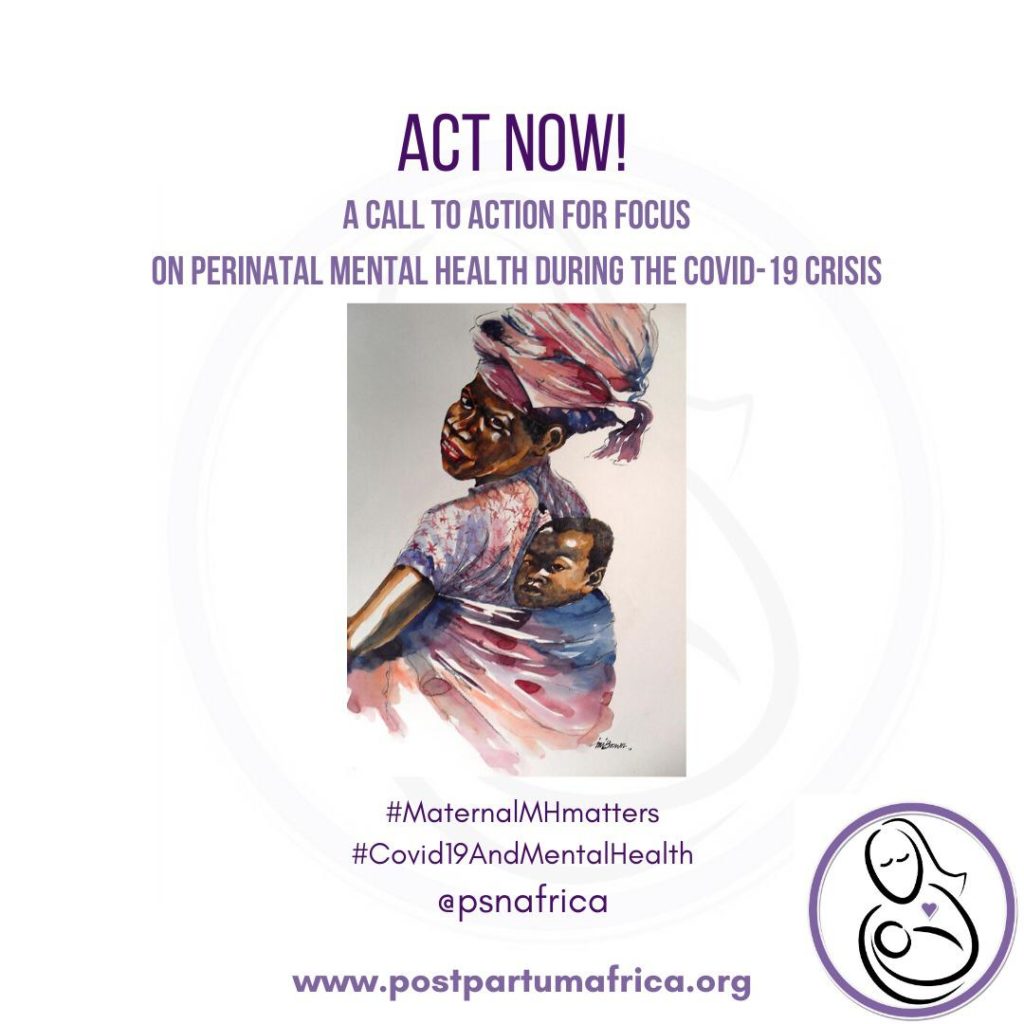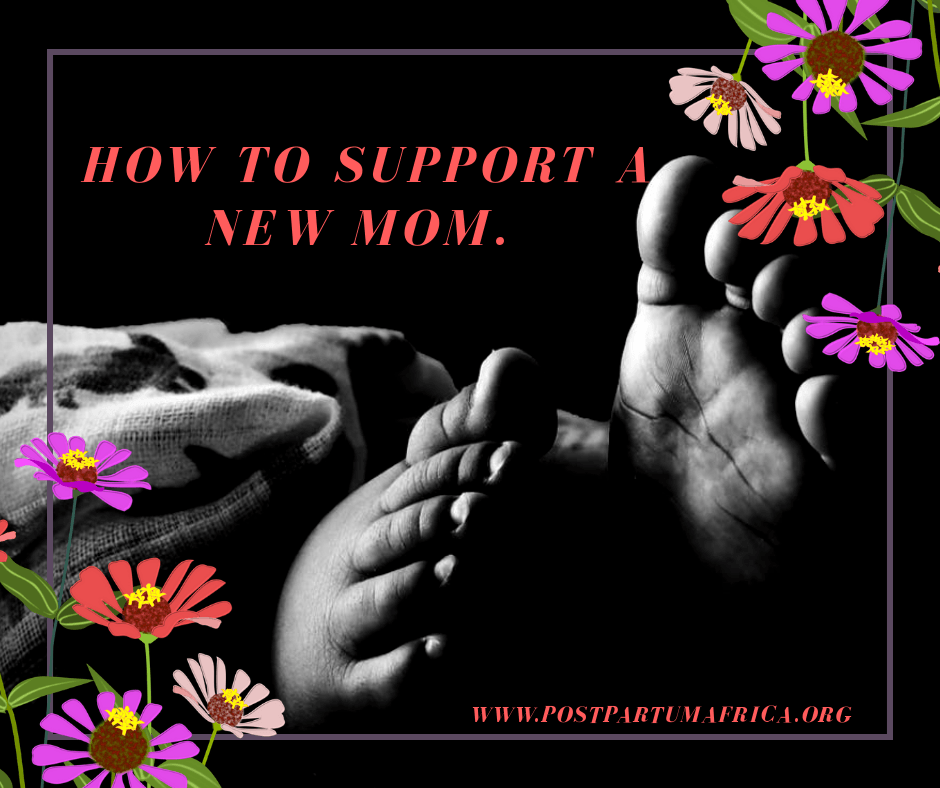It is generally considered most times that maternal mental health is synonymous with postpartum depression. However, there are many other similar disorders, collectively described as perinatal mood and anxiety disorders (PMADs)one of such disorder is postpartum PTSD.
Postpartum PTSD is a mental health condition that affects women following childbirth. The condition develops out of a traumatic experience that took place before, during or after childbirth which creates anxiety. These traumas include ;
– unplanned C-section.
– prolonged labour.
– baby going to the NICU.
– previous traumas like rape or sexual abuse. Women who have experienced this have a higher chance of experiencing postpartum PTSD.
– injury related to pregnancy or childbirth such as severe postpartum bleeding, severe preeclampsia/eclampsia , perineal trauma (3rd/4th degree tear).
– poor emotional support .
– the use of vacuum or forceps on the baby during delivery.
Symptoms of postpartum PTSD include the following;
– having flashbacks , nightmares or memory of trauma.
– avoiding people or places that can trigger the trauma.
– uncontrollable intrusive thoughts.
– suffering from anxiety and panic attacks.
– feeling disconnected from reality.
– difficulty in sleeping , concentrating and remembering things.
It is important to note that just because a woman have a traumatic childbirth doesn’t mean she would develop postpartum PTSD, there are risk factors to consider such as ;
• A history of depression or anxiety.
• a history of PTSD symptoms from past traumas.
• a history of previous trauma such as rape, sexual violence or an accident.
If you are experiencing any of the symptoms, it is important that you speak to someone about it. Get help, find support, you can beat it.
